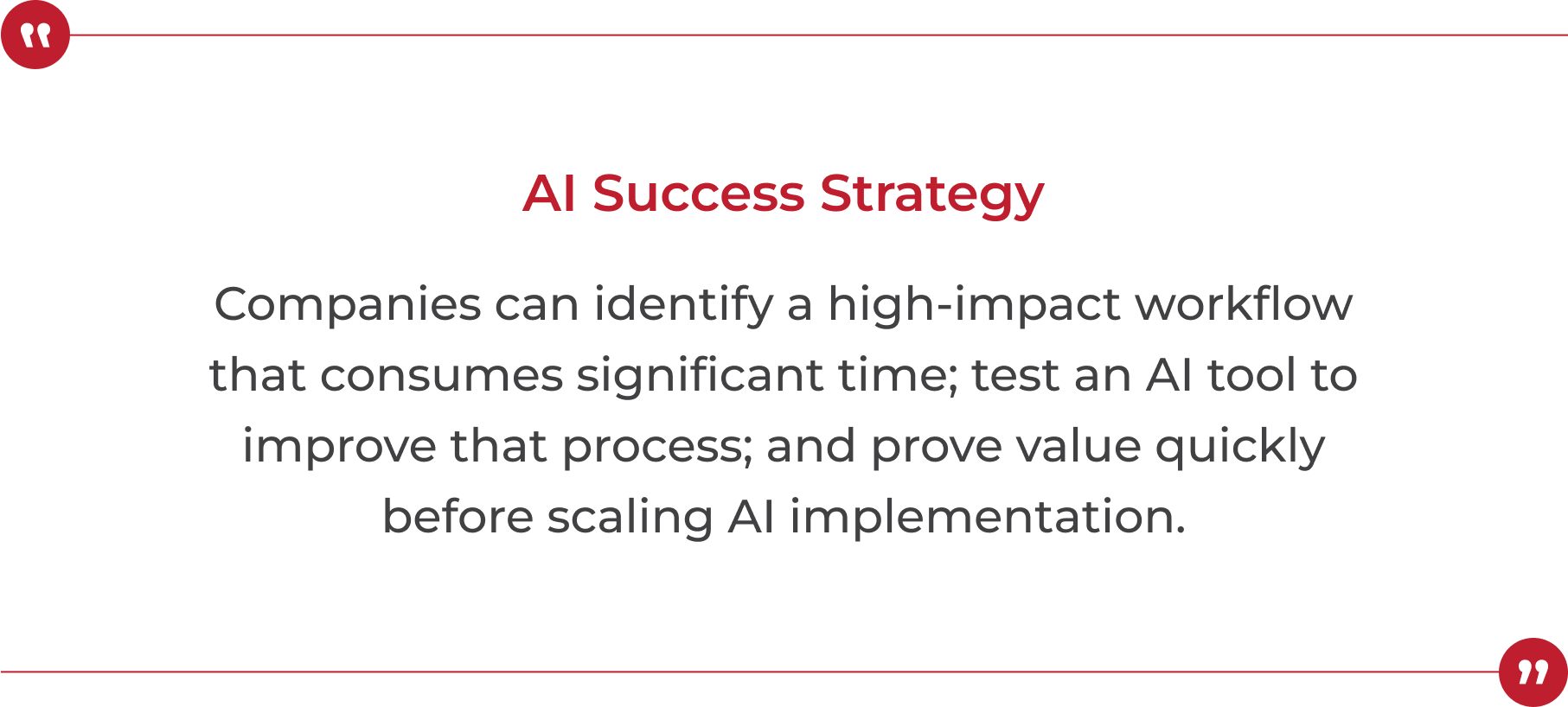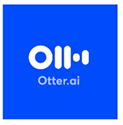As artificial intelligence (AI) dominates the business landscape, sales and marketing leaders are ever-present of all that AI can do–but the smartest ones are asking themselves what they can do to harness its potential.
At the 2025 Valley Industrial Association Artificial Intelligence Conference, Red Caffeine Content Director, Bill Skowronski, moderated an engaging panel discussion featuring Vice President of Client Services, Amy Anderson, Vice President of Integrated Marketing, Kayla Portillo, and Business Growth Advisor, Dayna Kramer, exploring practical ways companies can integrate AI into their operations.
Level-Setting: Understanding AI’s Role
AI isn’t just a buzzword; it’s a transformative tool that allows machines to learn, reason, and act like humans. Whether attendees identified as AI-curious, AI-users, AI-experts, or even AI-skeptics, the goal of the discussion was to empower, not overwhelm them. AI is a starting point—a tool, not a destination—and when used effectively, it enhances efficiency and decision-making.

Getting Started with AI:
Small Steps, Big Impact
Rather than attempting a complete overhaul, Amy Anderson emphasized starting small. She suggested companies can identify a high-impact workflow that consumes significant time, test an AI tool to improve that process, and prove value quickly before scaling AI implementation.
For example, businesses are successfully leveraging AI in operations, sales, and marketing by automating routine tasks and optimizing workflows. Kayla Portillo recommended adopting AI in low-stakes areas, ensuring early experimentation doesn’t disrupt essential operations.

AI in Action: Tools Driving Efficiency
The panel shared firsthand experiences with AI resources like Wave.co, ChatGPT, Leadfeeder by Dealfront, Content Studio, and Seamless.ai. Each tool makes a real difference in wide-ranging areas, from initial networking and discovery meetings through research, content creation, and distribution to sales outreach automation.
Balancing AI’s Benefits with Potential Risks
While AI offers game-changing advantages, our panelists also cautioned against common pitfalls. Amy Anderson encouraged businesses to be mindful of the compliance and ethical risks related to data privacy laws (GDPR, CCPA) and to avoid inputting sensitive data into free AI tools. Kayla Portillo advised companies to prioritize clean, structured data before adopting AI in order to address inaccurate insights from messy or siloed data sets. She reminded everyone that AI is only as effective as the data it processes. Dayna Kramer warned that over-automation can make marketing and sales feel impersonal. To curb that, she suggested that AI should assist, not replace, human creativity and relationship-building.
Key Takeaways: Practical AI Adoption
To conclude, our panelists shared their most important advice:
“Check your work. AI isn’t perfect.”
– Dayna Kramer
“There’s no silver bullet. Experiment and test AI in low-risk areas.”
– Kayla Portillo
“AI can be overwhelming. Start by identifying time-consuming
tasks and
focus on manageable improvements.”
– Amy Anderson
As AI continues to evolve, businesses that start small, iterate, and remain adaptable will reap the most benefits. The conversation at the Valley Industrial Association Artificial Intelligence Conference underscored that AI isn’t a one-size-fits-all solution—but when implemented thoughtfully, it’s an invaluable tool for efficiency and innovation.
Interested in exploring how AI can support your business?
Connect with Red Caffeine to start the conversation!
If You Enjoyed This Article, Check Out These….
Join Thousands Of
Like-Minded Folks
Receive monthly business growth tips
and event invites right to your inbox.








